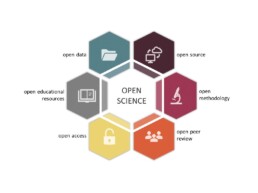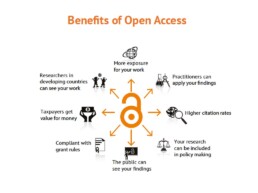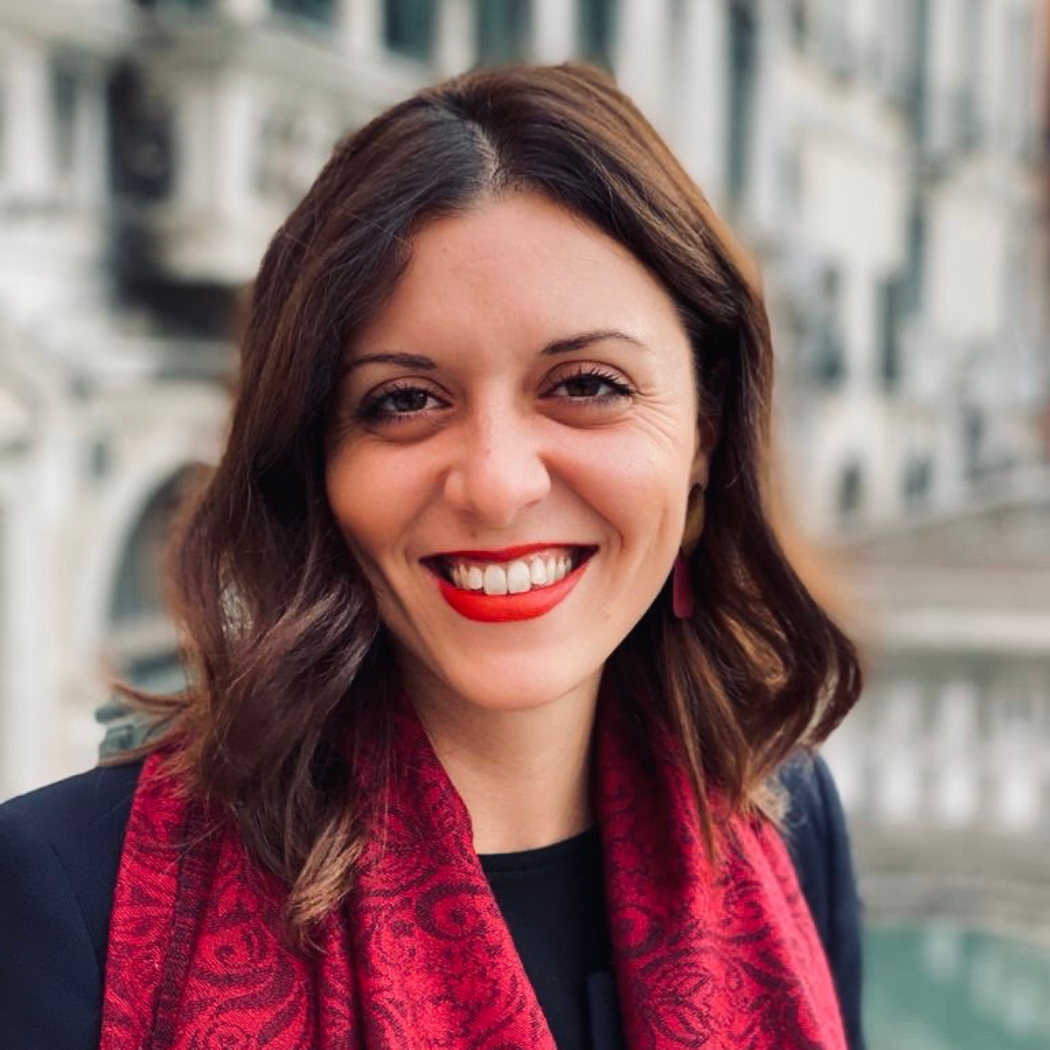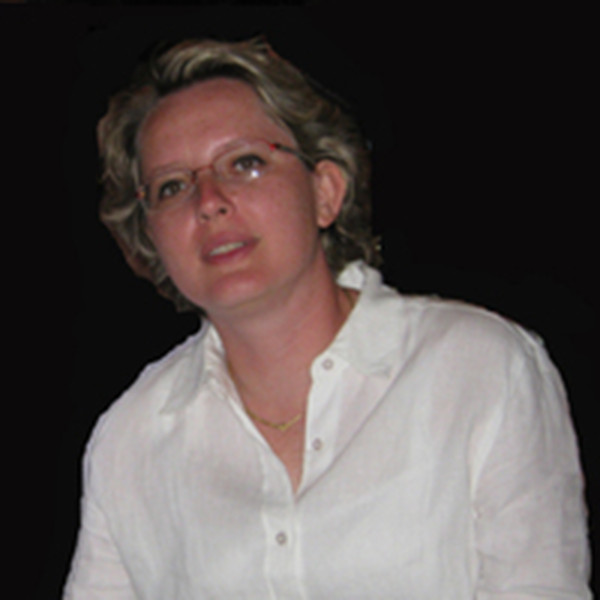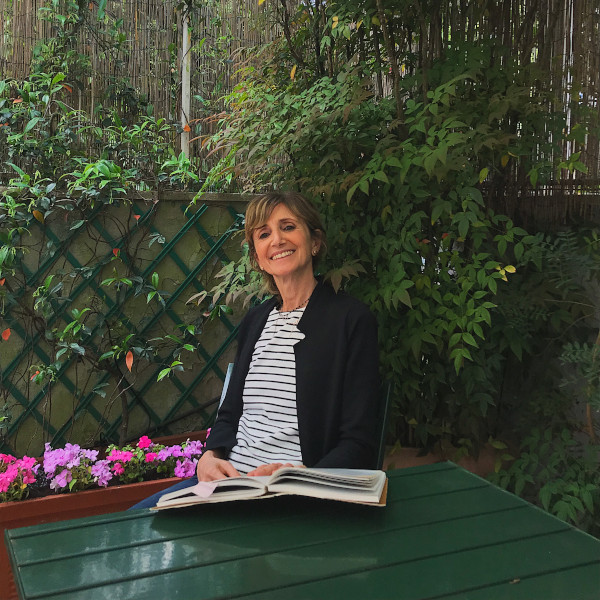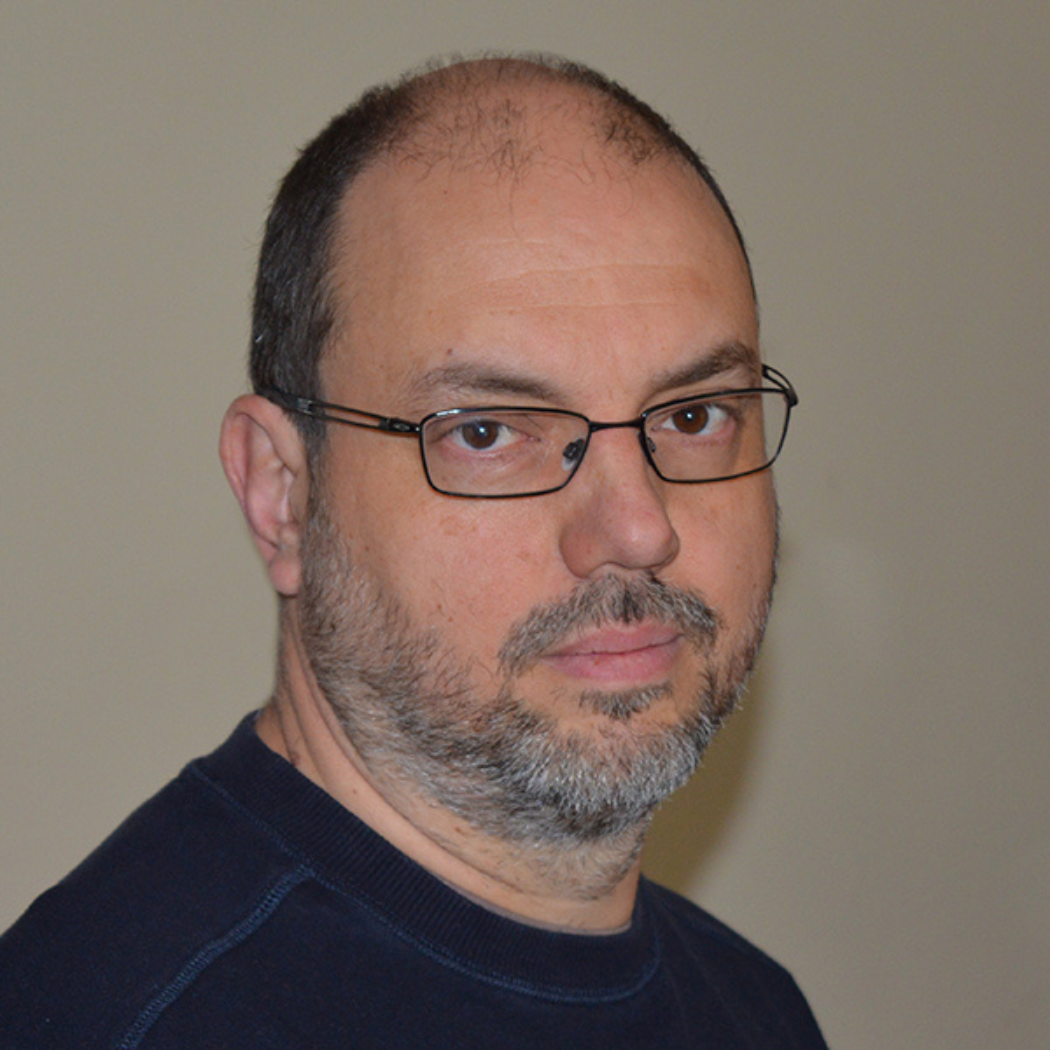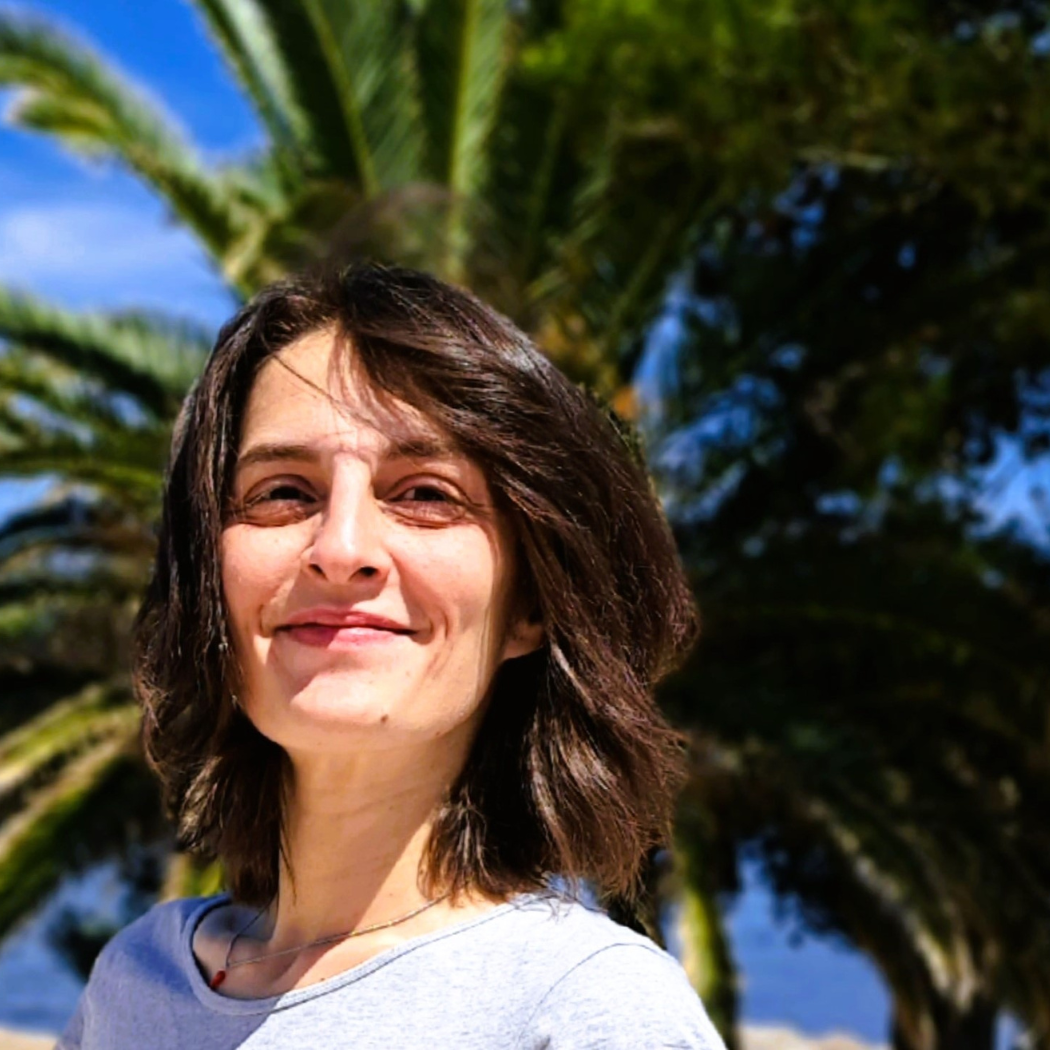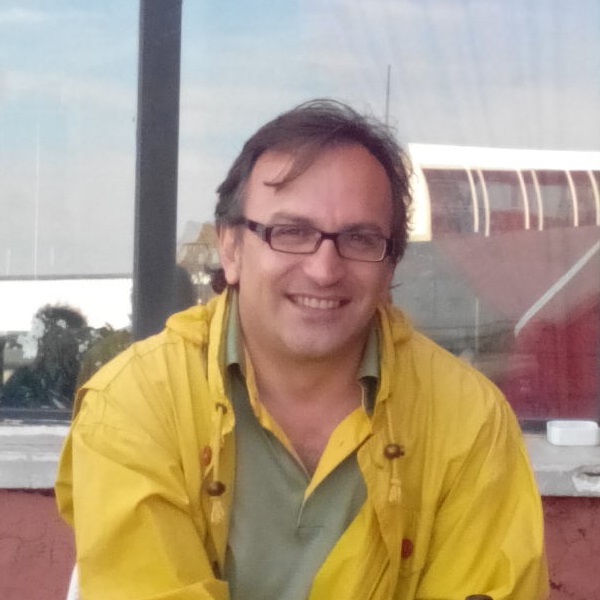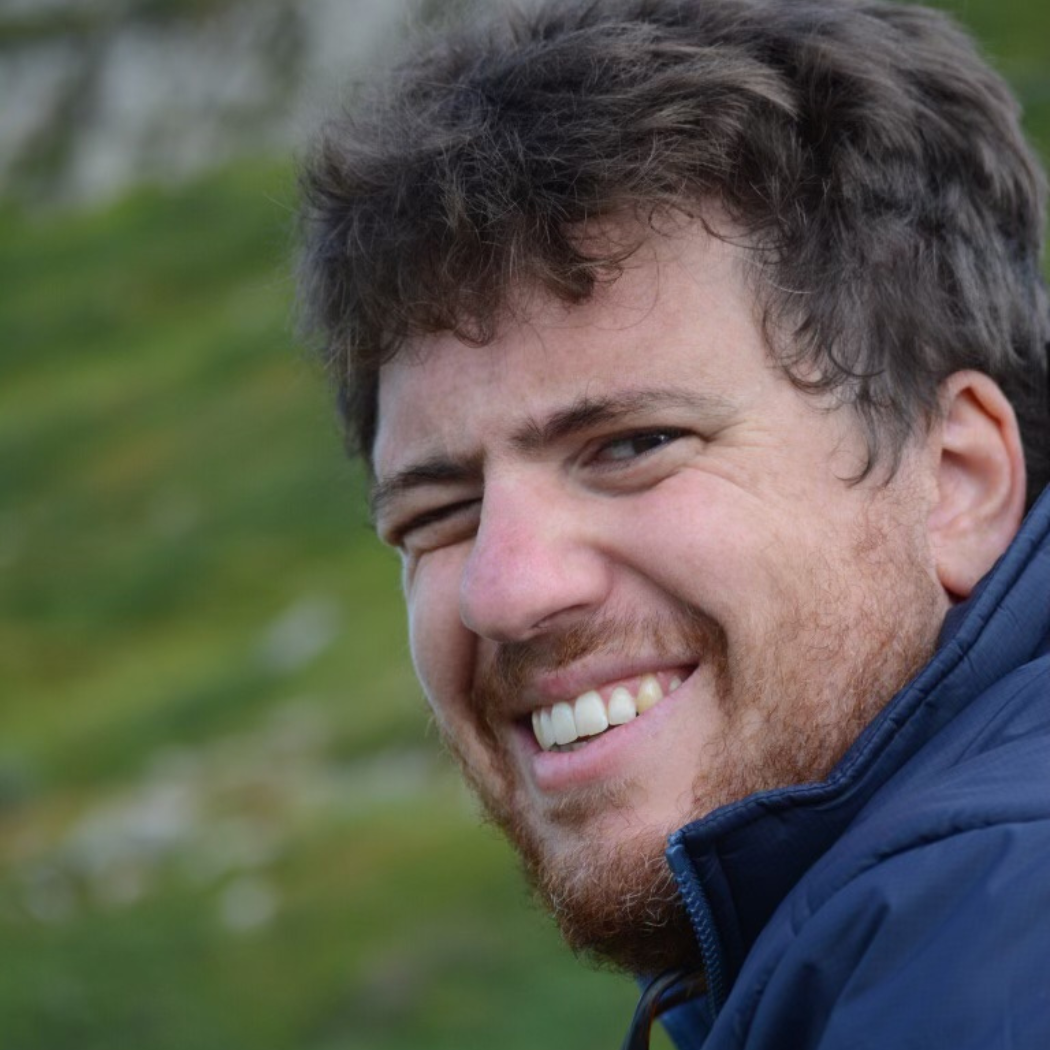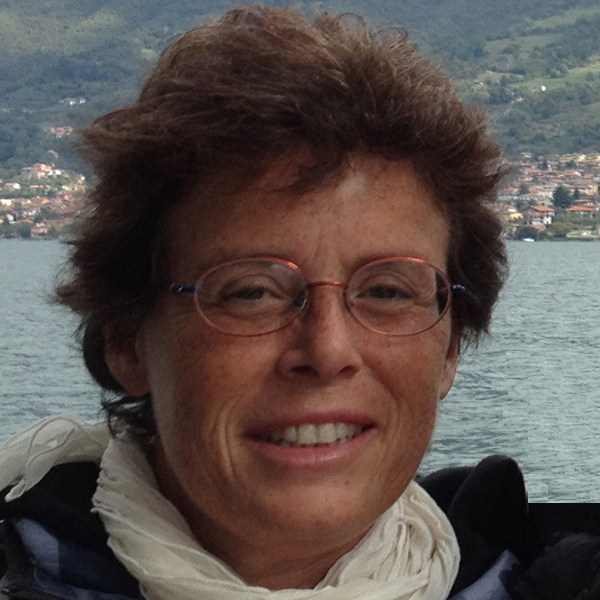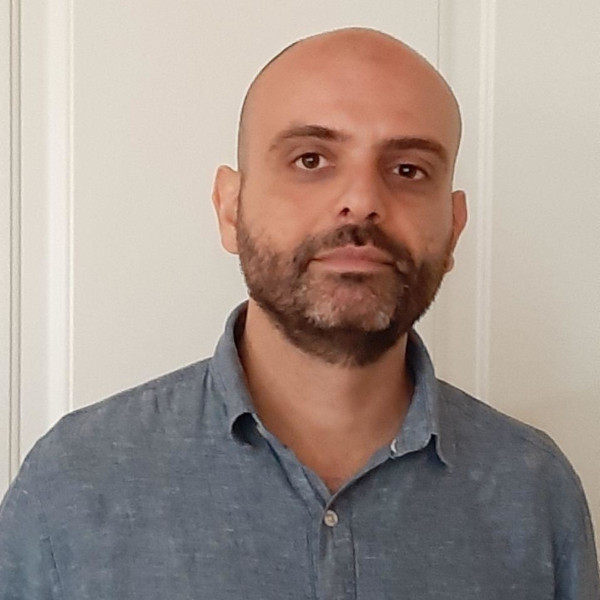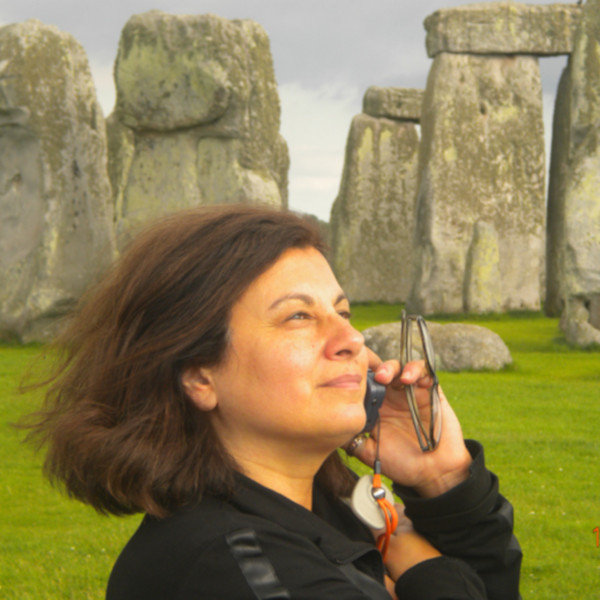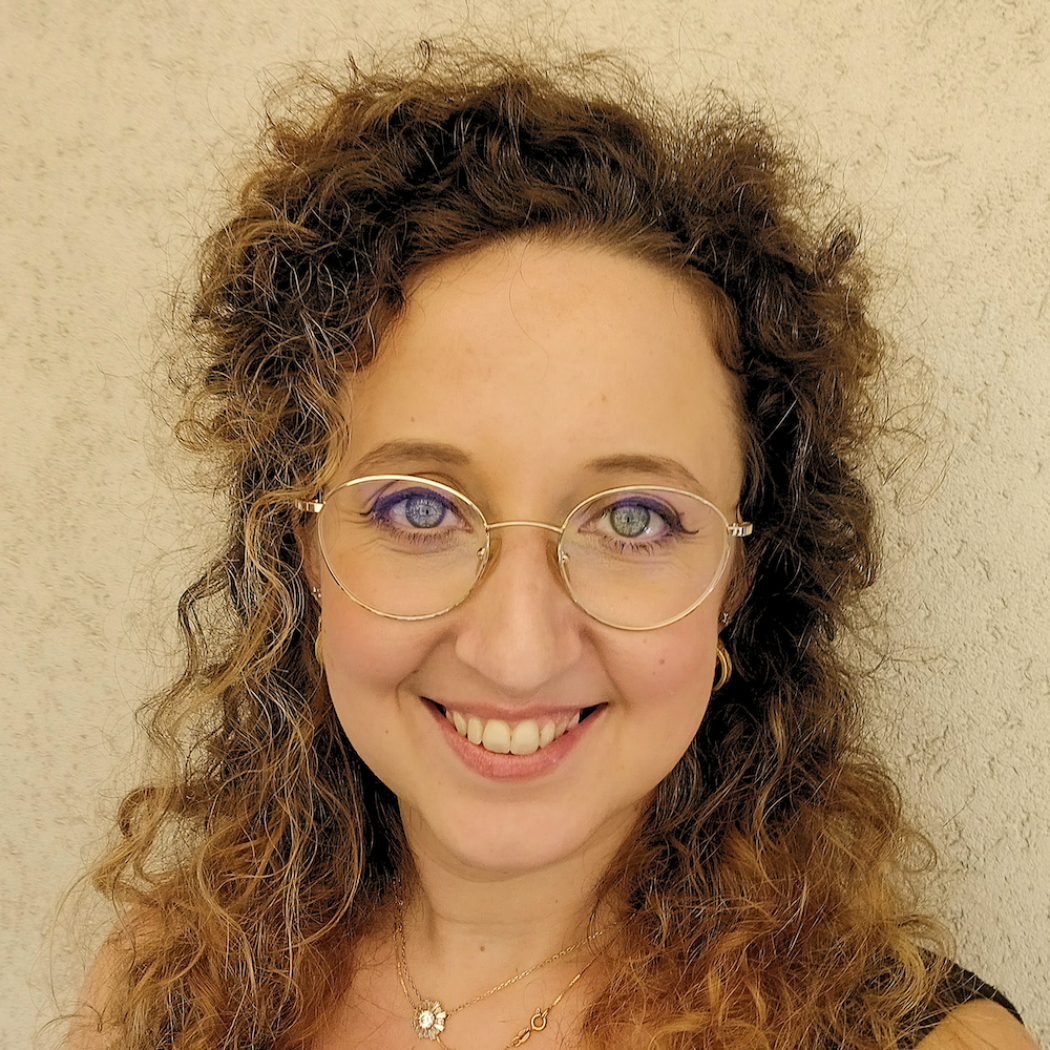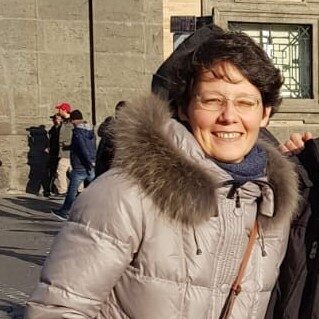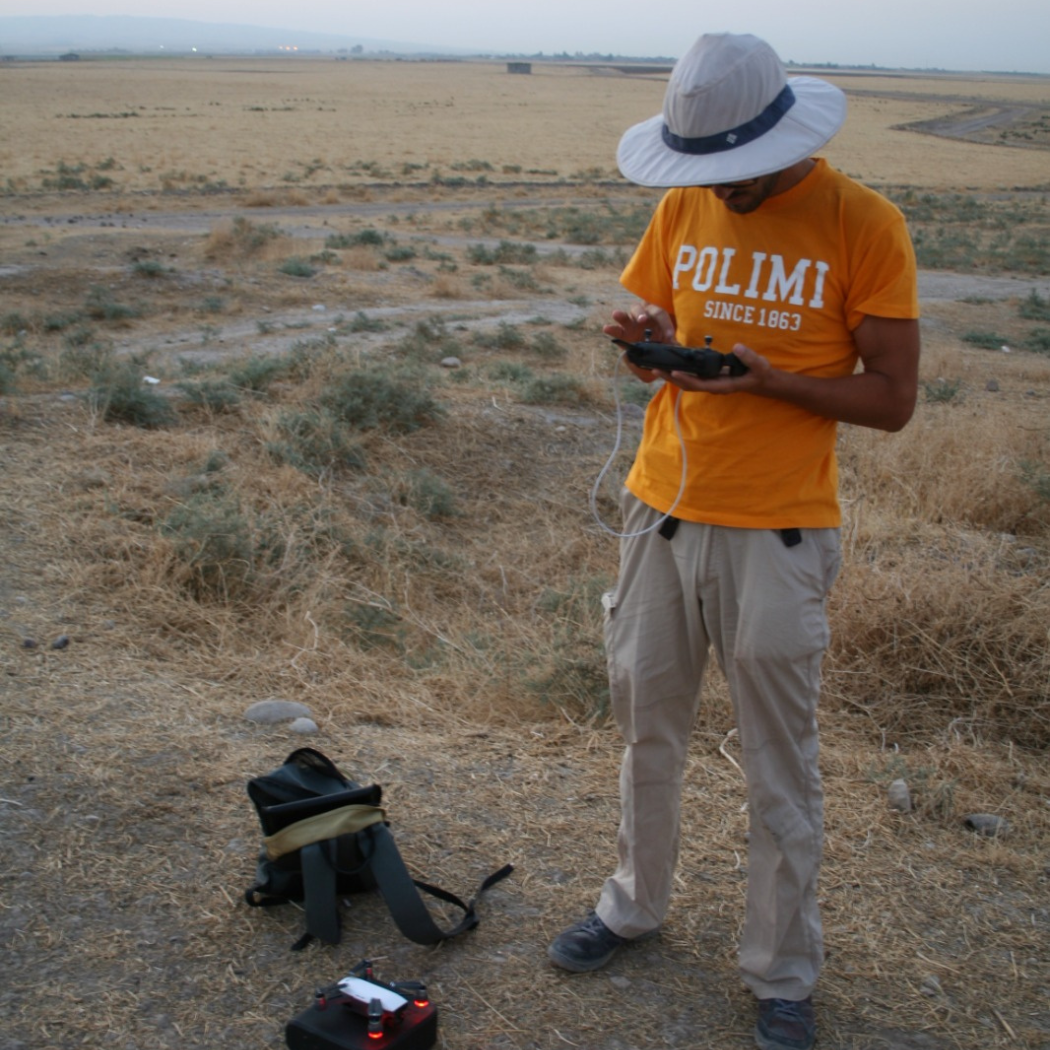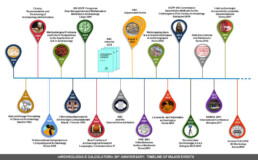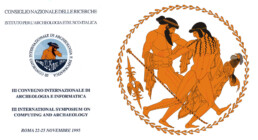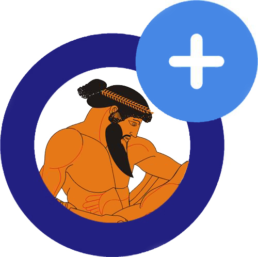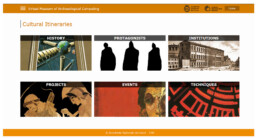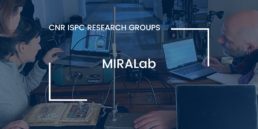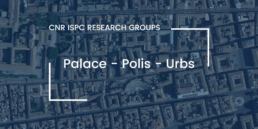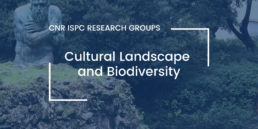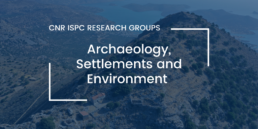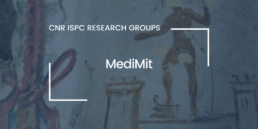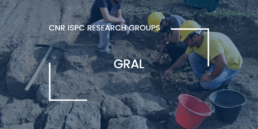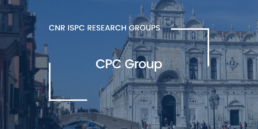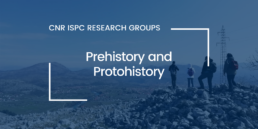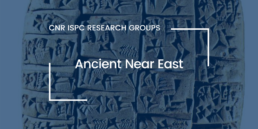OPEN DATA, OPEN KNOWLEDGE, OPEN SCIENCE
Open Data Group
This interdisciplinary working group, consisting of archaeologists, philologists, mathematicians and computer scientists, aims to apply ITs to the management and processing of data in the domain of ancient studies and cultural heritage sciences to facilitate the open access to scientific literature and data collections in the digital environment . Its research activities are oriented towards the creation and analysis of electronic resources for archaeology and ancient world studies, exposed online through standard formats and communication protocols, and stored in open access repositories, enhancing their study by means of Data Analysis tools and their publication as Linked Open Data. The group was created around the “diamond-OA” journal Archeologia e Calcolatori, which since 2005 has joined the Open Archives Initiative, combining its role as an international observatory of archaeological computing with an experimental commitment to the dissemination of scientific contents on the web.
The journal’s repository, compliant with the OAI-PMH protocol, contains more than 1000 records of scientific literature resources, giving access to a total of over 15,000 articles’ pages. In addition to archiving in institutional repositories (e.g. the CNR SOLAR database), the journal now provides its digital contents to portals aggregating cultural objects such as CulturaItalia and Europeana, and to the Open Access Infrastructure for Research in Europe – OpenAIRE, boosting opportunities of data reuse. Stemming from this pioneering experience, the Open Data group has the mission of experimenting and fostering FAIR practices in the design, management and exposure of scientific data collections, with special attention to metadata curation and open access to scientific literature in the Humanities, promoting the creation of a wider ISPC research community that participates in a dynamic and competitive way in the pan-European research infrastructure E-RIHS.
Grazie al lungo impegno nella diffusione della cultura scientifica e nella promozione del diamond open access, il gruppo di ricerca è responsabile dell’ISPC Open Portal, una piattaforma per raccogliere ed esporre la produzione scientifica dell’Istituto di Scienze del Patrimonio Culturale.
Open Data Group
Associati al Gruppo Open Data
Sergio Camiz, Sapienza Università di Roma
How to contact us
opendatagroup@ispc.cnr.it
Projects and Research activities
For further information on ISPC research activities click the button.
Main collaborations
Besides the institutions represented by the international Scientific Committee of “Archeologia e Calcolatori”, the main collaborations of the group are:
- Accademia Nazionale dei Lincei
- CNR-Ufficio ICT
- CNRS-UMR 8167 Orient et Méditerranée
- CNRS-UMR 7041 Archéologie et Sciences de l’Antiquité
- Istituto Centrale per il Catalogo Unico (ICCU)
- Maison des Sciences de l’Homme Mondes, Paris-Nanterre
- Ministero dei Beni e delle Attività Culturali e del Turismo (MIC)
- Ministero dell’Università e della Ricerca (MUR)
- Pelagios Network
- Union International des Sciences Préhistoriques et Protohistoriques (UISPP)
Main publications
M. Arizza, V. Boi, A. Caravale, A. Palombini, A. Piergrossi (eds.), I dati archeologici. Accessibilità, proprietà, disseminazione (Roma, CNR, 23 maggio 2017), “Archeologia e Calcolatori”, 29, 2018, 9-116.
F. Buscemi et al., Use and reuse of spatial and quantitative data in archaeology: from 3D survey to serious game at Phaistos (Crete), “Archeologia e Calcolatori”, 31.1, 2020, 189-212.
A. Caravale, Principi Fair ed editoria elettronica. L’archeologia open di “Archeologia e Calcolatori”, in F.R. Cerami, M.L. Scaduto, A. De Tommasi (eds.), I bacini culturali e la progettazione sociale orientata all’heritage-making, tra politiche giovanili, innovazione sociale, diversità culturale, Firenze, Edizioni All’Insegna del Giglio, 2020, 209-220.
A. Caravale, A. Piergrossi, Archeologia in rete. Le riviste open access: risorse e prospettive, “Archeologia e Calcolatori”, 23, 2012, 187-207.
A. Caravale, A. Piergrossi, Archaeological open access journals. The case of ‘Archeologia e Calcolatori’, in F. Giligny, F. Djindjian, L. Costa, P. Moscati, S. Robert (eds.), Proceedings of the 42nd Annual Conference on Computer Applications and Quantitative Methods in Archaeology, CAA 2014 (Paris 2014), Oxford, Archaeopress, 2015, 257-264.
A. Caravale, A. Piergrossi, Digital resources for archaeology. The contribution of the on-line projects by ISMA-Cnr, in S. Campana, R. Scopigno, G. Carpentiero, M. Cirillo (eds.), CAA 2015 Keep the Revolution Going, Proceedings of the 43nd Annual Conference on Computer Applications and Quantitative Methods in Archaeology (Siena 2015), Oxford, Archaeopress, 2016, 1019-1026.
A. Caravale, A. Piergrossi, I. Rossi, Open Data, Open Knowledge, Open Science: The New OpenLab of the Institute for Heritage Science (CNR), in J. Bogdani, R. Montalbano, P. Rosati (eds.), Archeo.Foss 2020, Proceedings of the 14th International Conference (Rome 2020), Oxford, Archaeopress 2021, 158-167.
A. De Santis, I. Rossi, Crossing Experiences in Digital Epigraphy: From Practice to Discipline, Warsaw-Berlin, De Gruyter, 2018.
P. Moscati (ed.), La nascita dell’informatica archeologica. Atti del Convegno Internazionale (Roma, Accademia Nazionale dei Lincei, 2008), “Archeologia e Calcolatori”, 20, 2009, 11-222.
P. Moscati, Le rôle de l’Open Access dans la diffusion des résultats de la recherche scientifique: le cas de ‘Archeologia e Calcolatori’, “UISPP Journal”, 1, 1, 2018, 27-41.
P. Moscati (ed.)., Trent’anni di ‘Archeologia e Calcolatori’. Tra memoria e progettualità, “Archeologia e Calcolatori”, 30, 2019, 13-138.
P. Moscati, T. Orlandi (eds.), Il Museo virtuale dell’informatica archeologica. Una collaborazione tra l’Accademia Nazionale dei Lincei e il Consiglio Nazionale delle Ricerche. Atti della Segnatura (Roma, Accademia Nazionale dei Lincei, 2017), “Rendiconti della Classe di Scienze morali, storiche e filologiche dell’Accademia Nazionale dei Lincei”, 30, 2019, 39-156.
I. Rossi, N. Paraciani, IT applications to archaeology and the OA diamond journals’ challenge. Enhancing access and reuse of textual and visual resources, “Archeologia e Calcolatori”, 32.1, 2021, 325-347.
